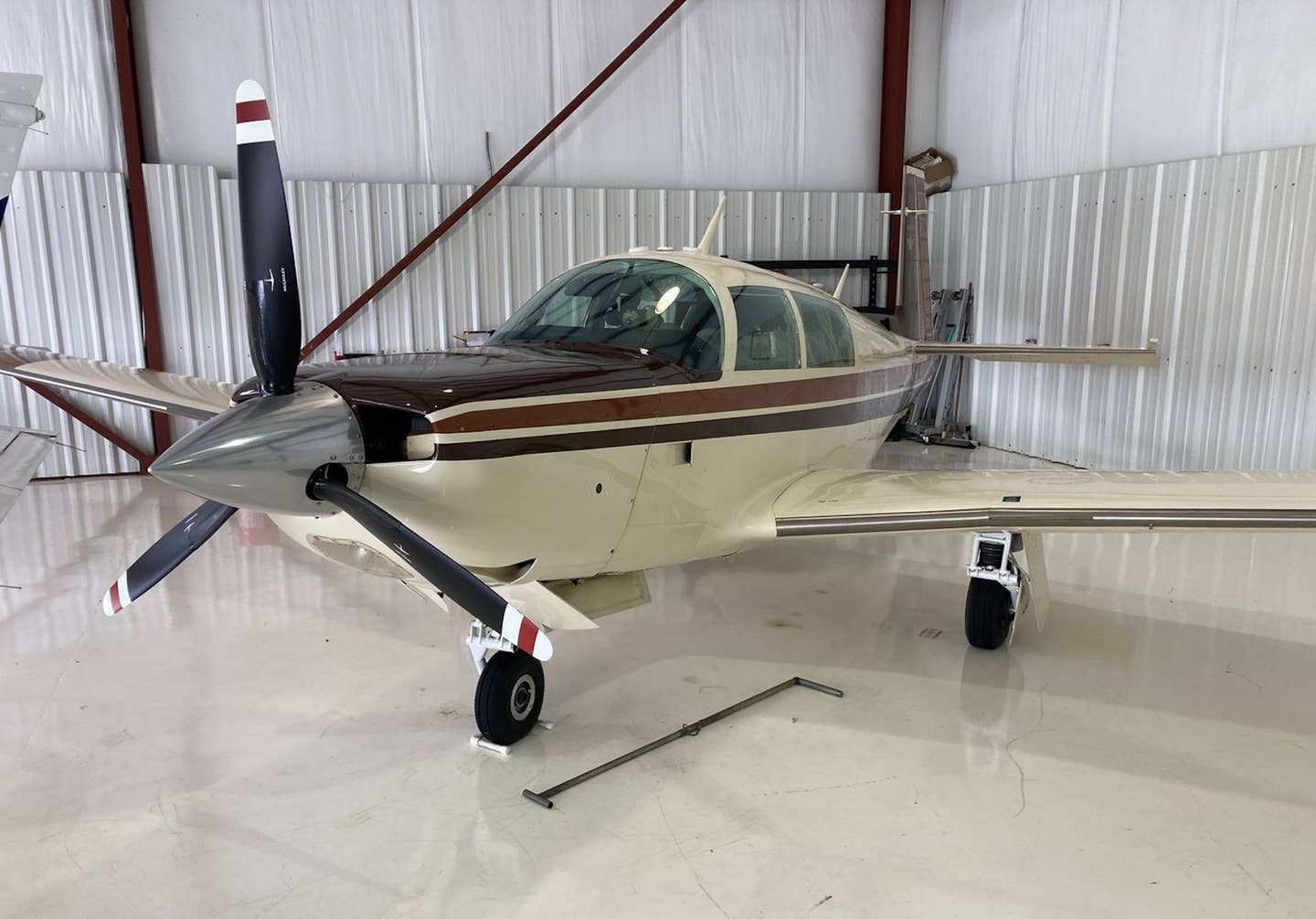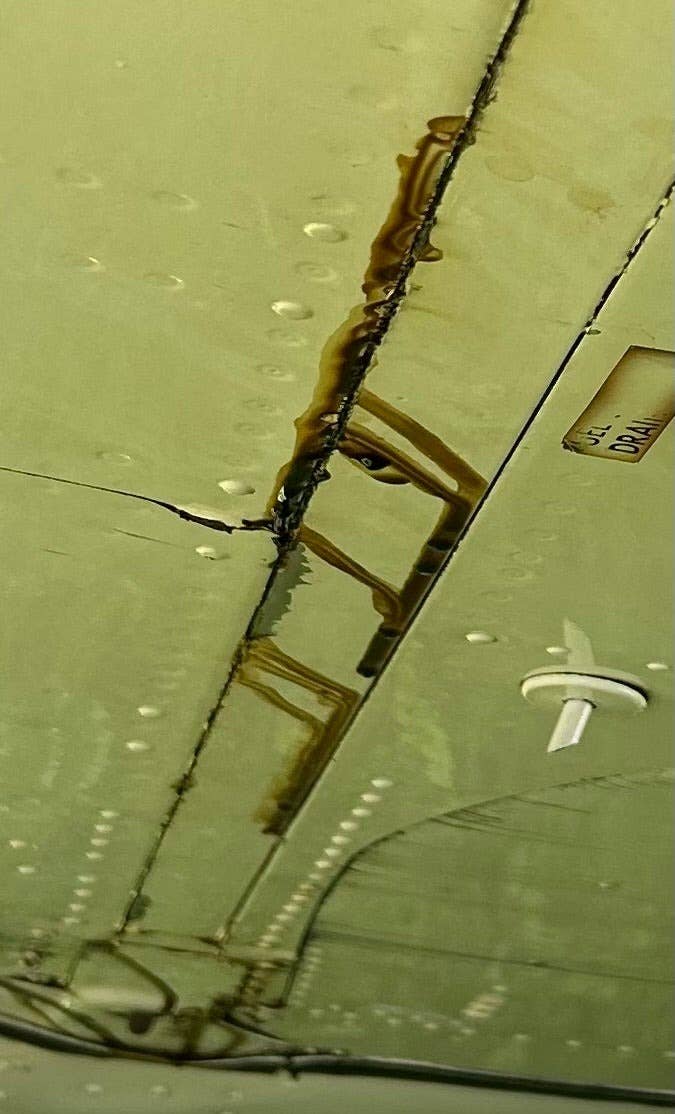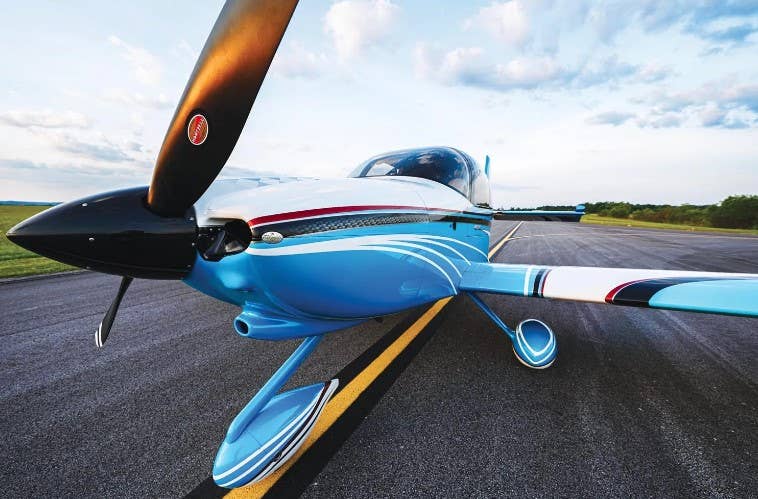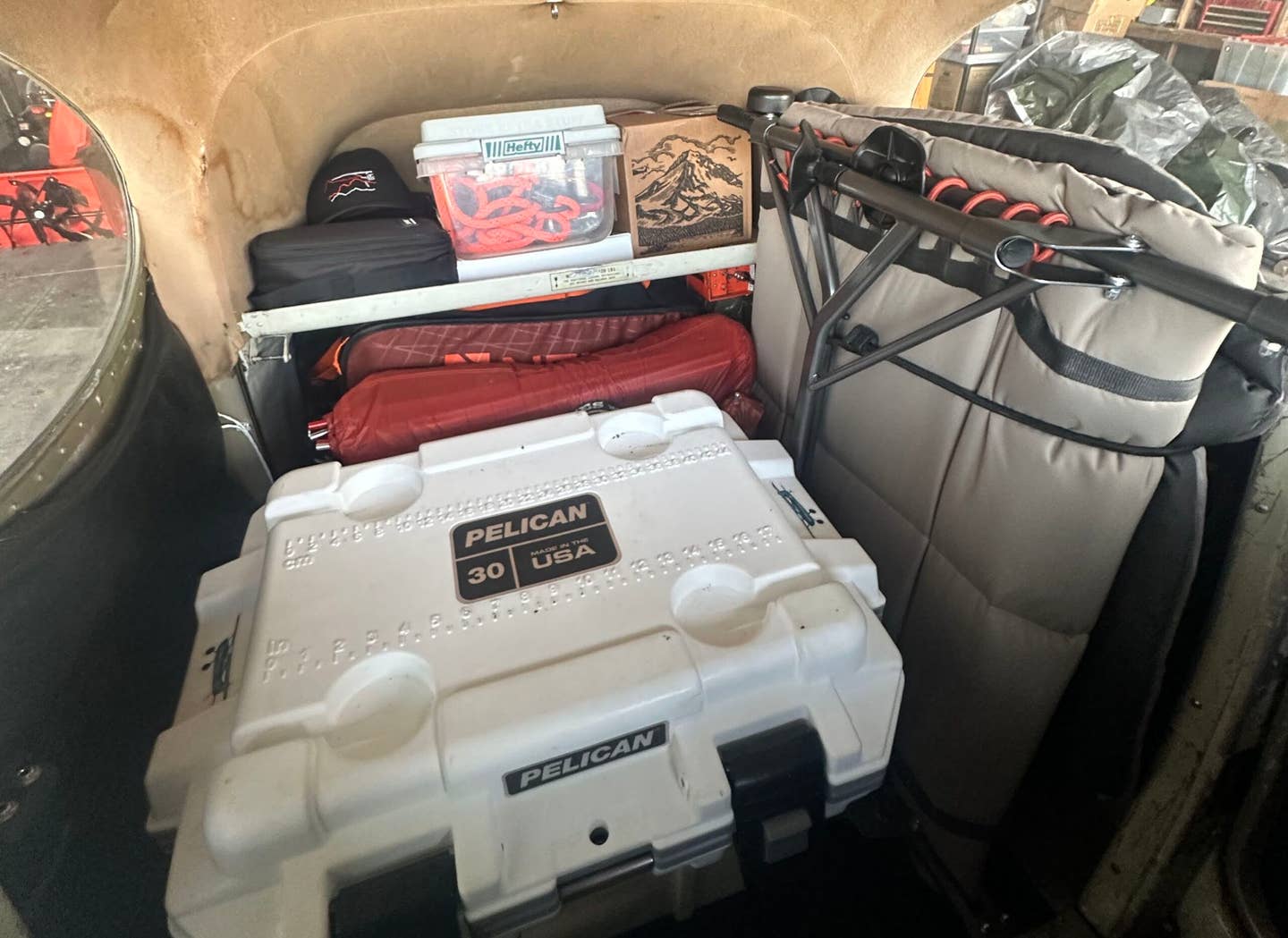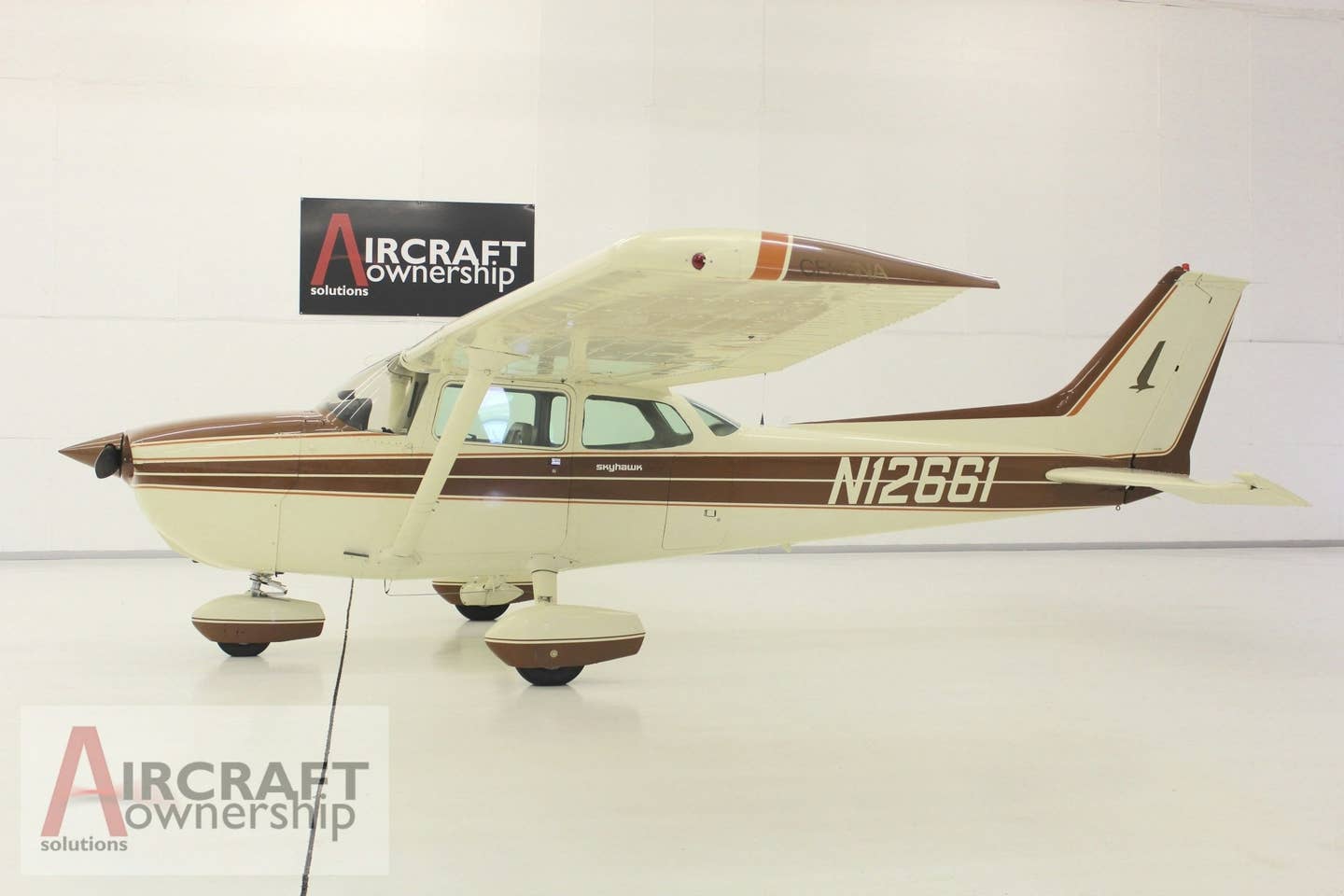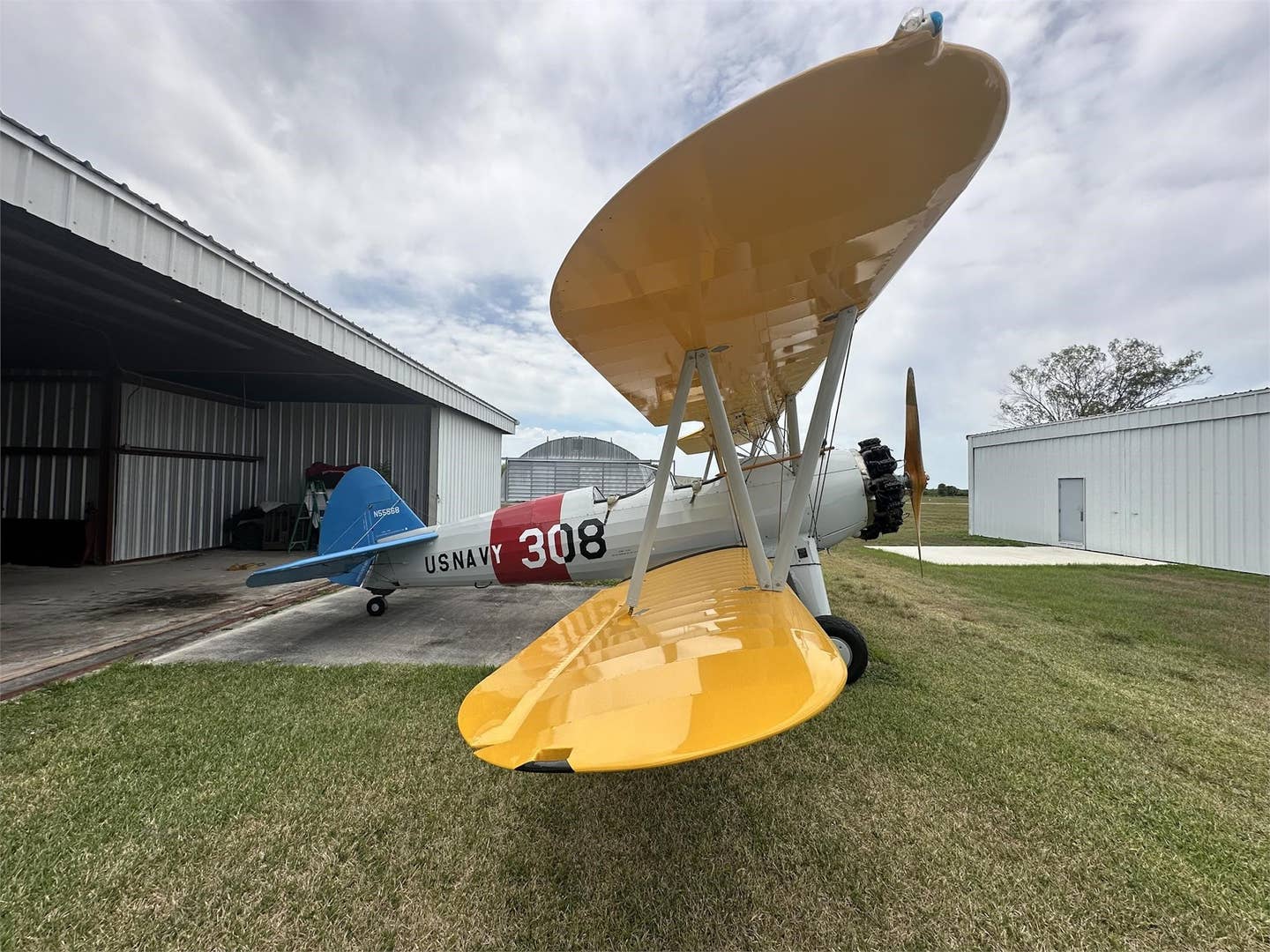When Unforeseen Circumstances Threaten to Derail Amazing Experiences
During Oshkosh month, the severity of aircraft mechanical problems increases exponentially as the date of the magnificent fly-in nears.
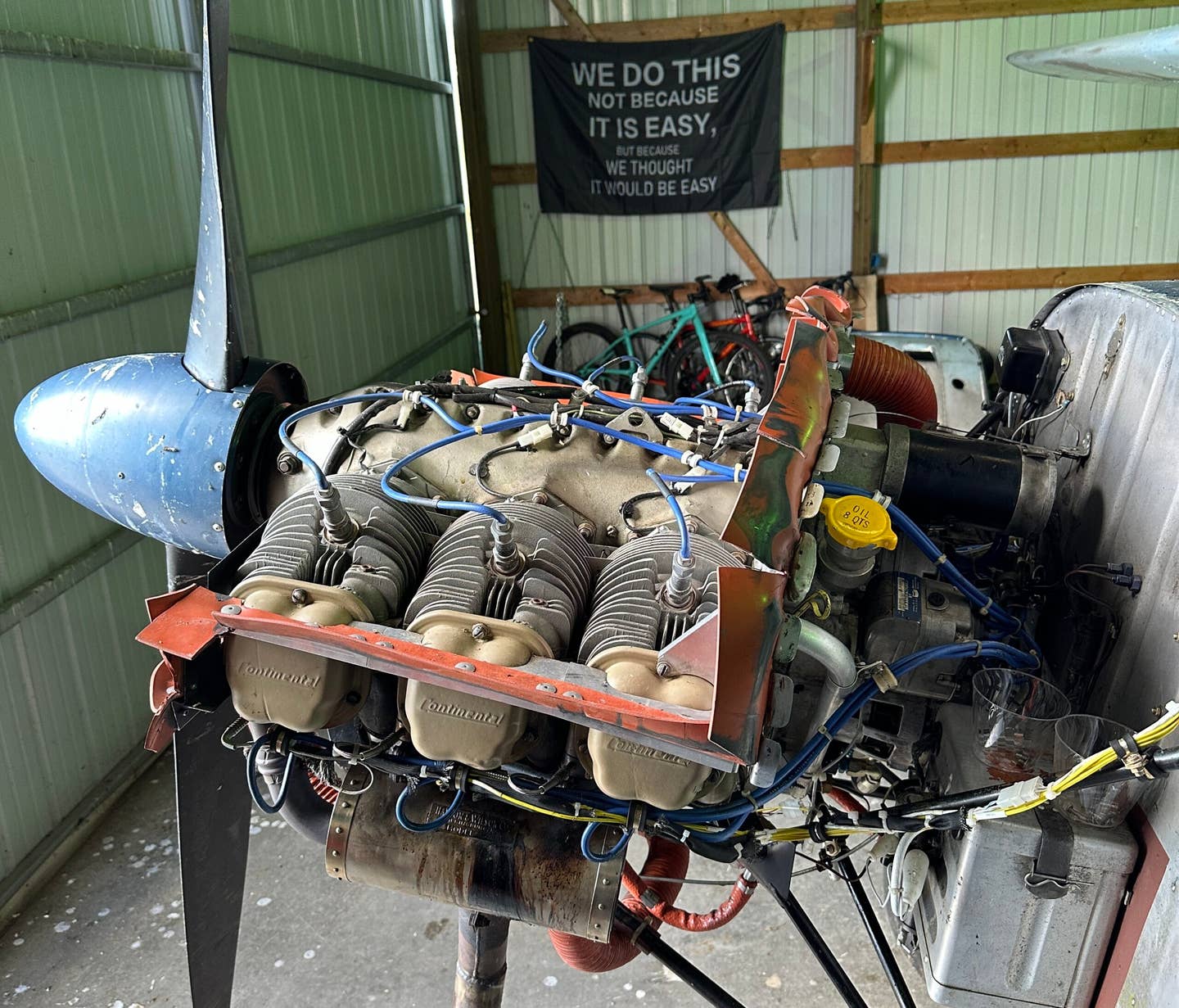
A fully uncowled engine—not something you want to see when your departure to Oshkosh is only days away. [Courtesy: Jason McDowell]
In September 2021, just a couple of months after taking delivery of my 1953 Cessna 170B, I wrote the first installment of this column. Since then, I’ve brought you along for the ride, showcasing the magnificent highs and the soul-crushing lows that have come to define airplane ownership for this first-timer.
This is the 100th installment of The New Owner, and I suppose it’s only natural that the milestone is occurring amid a maniacal blend of emotions swirling around said ownership.
On one hand, EAA AirVenture in Oshkosh, Wisconsin, is next week (July 22-28), so there’s massive excitement for epic times just ahead. On the other hand, some maintenance issues have arisen over the past couple of weeks that create severe trepidation and directly threaten those amazing times.
It’s a perfect representation of aircraft ownership as a whole. Amazing experiences put at risk of derailment from unforeseen circumstances, fighting back and forth like so many Hollywood heroes and villains. But instead of the villains threatening the powers of good with swords, guns, and death rays, the threats come in the form of grounded airplanes and massive repair bills.
Frankly, I’d prefer to take my chances with the guns and death rays.
The first sign that something was amiss came several days ago in the form of engine oil. More specifically, a few extra drops on the hangar floor, slightly higher consumption than normal, and a new sheen collecting on the bottom of the engine. It wasn’t that my Continental engine was leaking oil. That’s pretty typical for most old Continentals. It was that mine was quite suddenly leaking in new places, at higher volumes, much differently than normal.
At any other time of year, it would be a simple matter of postponing future flights and booking some time with my mechanic. But this was Oshkosh month, a time when the severity of any mechanical problems increases exponentially as the date of the magnificent fly-in nears. And being that the big event was only a couple of weeks away at this point, panic quickly set in.
I immediately texted my mechanic, Ryan. He’s a great guy who embodies rural Wisconsin friendliness and honesty. He’s the kind of person who will bend over backward to help you and happily provide educational lessons about the tasks he’s performing along the way. He and his brother own and operate Johnson Brothers Flying Service in Lone Rock, Wisconsin, about 40 miles west of Madison.
While I was waiting for his reply, I examined my engine. I couldn’t quite pinpoint the source of the oil, but I suspected my Continental C-145 was experiencing weepy pushrod seals. This is a known issue with the type, as well as with the later version, the O-300.
I’ve always been amused at the engine’s midproduction name change from C-145 to O-300. Continental evidently figured that referring to the engine by the displacement (300 cubic inches) made it sound more powerful and impressive than referring to it by the 145 hp it produces. Marketing 101, I suppose.
Ryan replied that he would try to make it out sometime during the week before my departure to Oshkosh. But because he was so busy, he couldn’t guarantee it. I’d just have to wait and hope. In the meantime, I opted to remove my upper and lower cowls for a closer inspection.
To someone like me with close to zero mechanical aptitude, dismantling your airplane’s upper and lower cowls to reveal an entirely naked engine is simultaneously empowering and intimidating.
In one respect, it makes you feel like you know what you’re doing. Anyone walking past the open hangar door would naturally assume you possess some rudimentary level of knowledge and proficiency. But in another respect, you’re pretty sure you’re fooling nobody.
For the purposes of an engine inspection, however, it worked out just fine, and I was able to trace the leak to the oil temperature probe on the back of the engine accessory case. I forwarded this intel to Ryan.
The next afternoon, I received a text from him. Unbeknownst to me, he made it out to my plane and addressed the leak. I was ecstatic and headed right out to the airport for a shakedown flight prior to my trip up to Oshkosh.
Sure enough, the oil leak appeared to be taken care of. I preflighted the airplane, pulled it out of the hangar, and hopped in—only to discover that the throttle was inexplicably encountering some kind of blockage halfway into its travel.
Thinking that a running engine might somehow solve the problem, I started it up but found that nothing had changed. The throttle knob would only advance about halfway to full throttle before encountering a hard stop.
Now, things were getting serious. It was a Friday evening, less than a week before my planned departure to Oshkosh. Ryan was busy and wouldn’t be able to chat until Sunday or Monday. Desperate not to miss the big event, I gave my friend Dan a call.
“Hey, man, have you sold your Ercoupe yet?” Dan replied that he had not. “And you’re not going to make it to Oshkosh this year, right?” “That’s right,” he replied. “We’ll be in Michigan all week.”
He knew I was angling for something, so I explained.
“I’m dealing with some mechanical issues on the 170, and I’m not sure if it’ll be fixed in time for Oshkosh,” I said. “If it’s not, how about I take the Ercoupe up and hang some of those big ‘for-sale’ signs on the prop so a half million people see it?”
After considering this for a moment, Dan agreed that it would be a win-win sort of situation.
With a backup plan firmly in place, Saturday came and went. On Sunday morning, I received a text from Ryan. He was available to zip out to the hangar and have a look at my throttle issue.
The fix took him all of about five minutes. He explained that he must have inadvertently dislodged part of the throttle cable while inspecting something else during the oil leak work. He assured me it wasn’t likely to occur again and said he’d be entirely comfortable flying it. He also said that because it was his fault, he wouldn’t be charging me for the trip out. I gave him a 100-dollar bill anyway to show my appreciation.
At the time of this writing, I have just about everything packed up. My tent, sleeping bag, cooler, chairs, underwing party lights, and coffee supplies are ready to go. This afternoon, I’ll fly a shakedown flight to check for any errant oil leaks and confirm all is in order. With any luck, I’ll be flying my own plane up to Oshkosh tomorrow and, much as I sincerely appreciate Dan’s offer, hopefully not an Ercoupe.
If you wonderful readers will also be at Oshkosh next week, please come find me. I plan to be somewhere around Row No. 67, right up on the airshow crowd line. I’d like to thank you in person for your readership and support over the past few years and give you a sticker or two.
Just look for the blue 170 with Alaskan Bushwheel tires. Or, depending on how things go, a classy little Ercoupe.
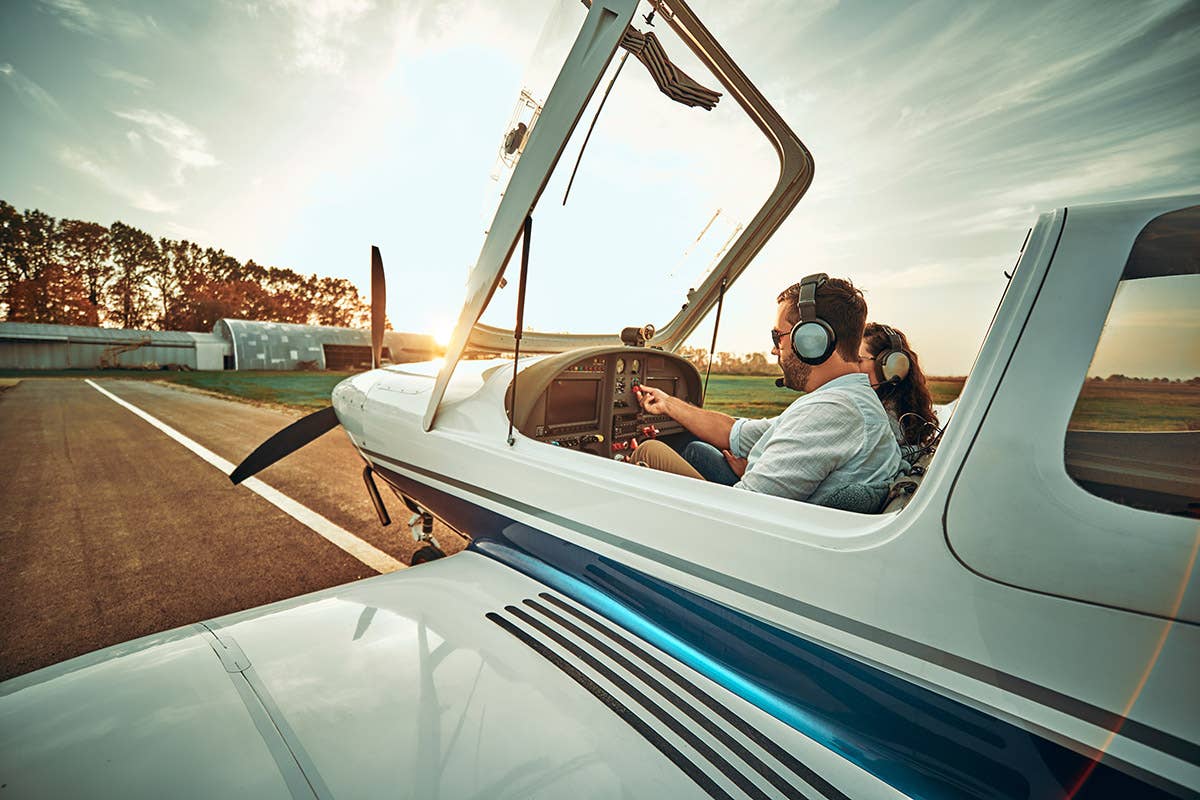
Subscribe to Our Newsletter
Get the latest FLYING stories delivered directly to your inbox

